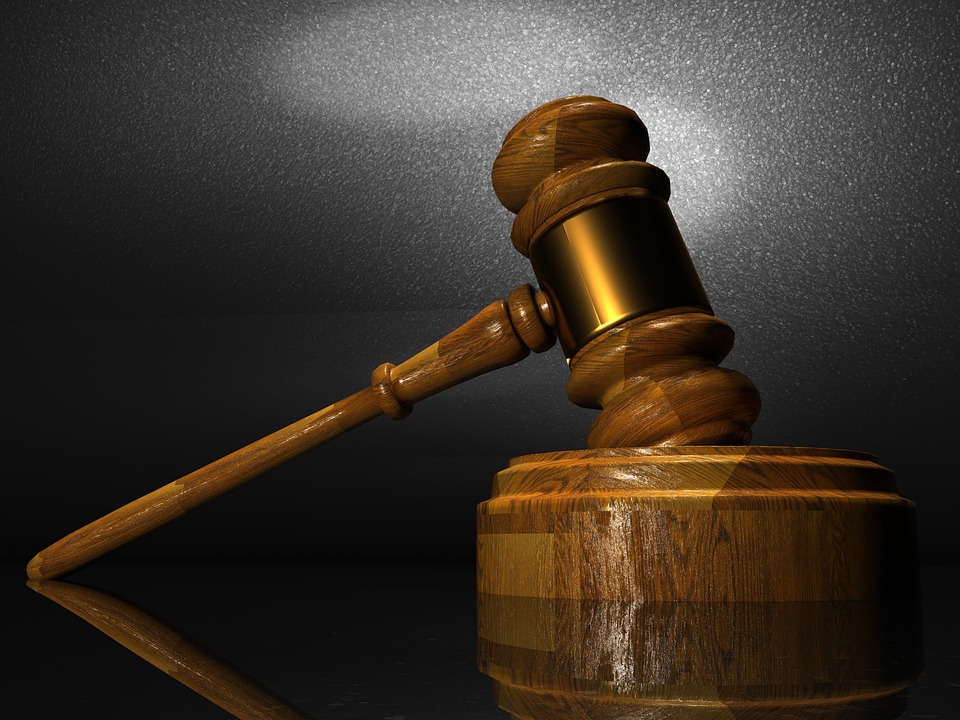Absence of a reliable civil and criminal justice system leads to uncertainty. While uncertainty in itself is not avoidable, too much of it can be extremely damaging for a society to function smoothly. Rule of law is essential for any society to flourish.
It is common knowledge that getting justice in India is a fool’s errand. You can get lucky and register an FIR, but chances of you getting justice in any kind of reasonable time-frame is plain wishful thinking. No wonder that as far as possible, people tend to settle disputes among themselves, or rely on the local goon to do it for them – as it saves time and money. At least it’s better than paying hard-earned money to the lawyers over an indefinite period of time with little hope of resolution.
Why is it important to have a system on which people can rely for a speedy delivery of justice?
Absence of a reliable civil and criminal justice system leads to uncertainty. While uncertainty in itself is not avoidable, too much of it can be extremely damaging for a society to function smoothly. When criminals know that the probability of them getting caught is low, and getting convicted is negligible, they get emboldened and tend to commit more crime. Now imagine a society where the justice system operates efficiently and committing a crime comes with high probability of getting caught and punished, won’t that disincentivise criminals?
Similarly, when businesses know that they can default on a contract and the aggrieved party can’t do anything about it (because the lawyer fees over the years will be higher than the loss incurred), it becomes difficult to establish trust between businesses. Consequently, it becomes difficult for anyone to prosper in an environment where there is a lack of trust.
Rule of law is essential for any society to flourish. India ranks 66 out of 113 countries on the latest Rule of Law index published annually by the World Justice Project. It is not a surprise given that the total number of pending cases over 10 years is more than 22 lakhs while the total number of pending cases is more than 2.6 crore. Rule of law has always been slipping in the list of priorities of all governments since independence. This needs to change.
